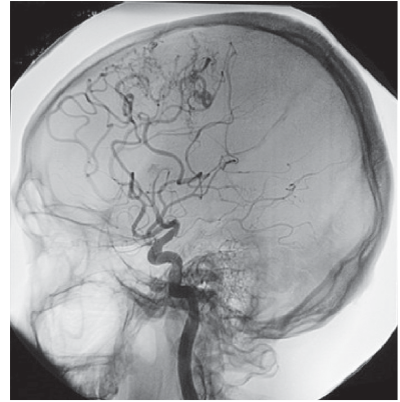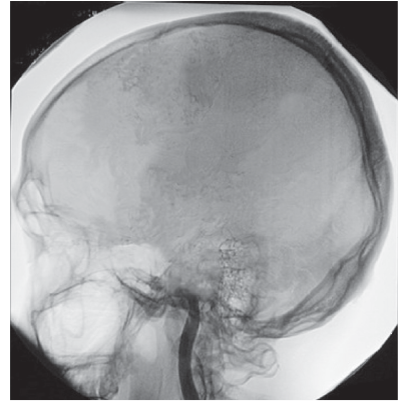Understanding Brain Death
What is Brain Death?
• The complete and irreversible loss of brain and brain stem function.
• An established medical and legal definition of death.
• Brain death is death.
• When the brain is injured, it swells. However, the brain is confined in the skull and has no room to swell, which leads
to brain death.
• An established medical and legal definition of death.
• Brain death is death.
• When the brain is injured, it swells. However, the brain is confined in the skull and has no room to swell, which leads
to brain death.
|
The above image shows the blood flow inside a normal, active brain. When someone severely injures their brain, the blood flow is cut off or restricted by pressure from the swelling brain.
|
Brain death occurs when the blood flow to the brain is entirely lost. The photo above is of a brain dead brain. (Images courtesy of Gift of a Lifetime)
|
How Tissue Donation Differs From Organ Donation
While a very small number of hospital deaths meet the criteria for organ donation (usually the patient must be brain dead), eye and tissue donation are open to nearly everyone. Hospitals are required to report all deaths to the recovery organization. If the tissue donor meets donor eligibility, the registry is checked. Once authorization is verified, or consent is given by the potential donor’s family, the donor is transported to the tissue recovery center. Each tissue donor can enhance up to 75 lives.


